Intro
Discover effective ringworm treatment methods, including antifungal medications, home remedies, and preventative measures to combat fungal infections, itchy skin, and ring-like rashes, promoting healthy skin and swift recovery.
Ringworm is a common fungal infection that affects the skin, causing a ring-shaped rash that can be itchy, red, and uncomfortable. Despite its name, ringworm is not caused by a worm, but rather by a type of fungus that can be found in the environment, on animals, and even on other people. If you're suffering from ringworm, don't worry – there are several effective treatment options available. In this article, we'll explore five ways to treat ringworm, including home remedies, over-the-counter medications, and prescription treatments.
Ringworm is a highly contagious infection that can be spread through skin-to-skin contact, contaminated objects, and even through the air. It's essential to take steps to prevent the spread of ringworm, such as keeping the affected area clean and dry, avoiding sharing personal items, and washing your hands frequently. If you suspect you have ringworm, it's crucial to seek treatment as soon as possible to prevent the infection from spreading and to alleviate symptoms.
Ringworm can occur anywhere on the body, but it's most commonly found on the face, arms, legs, and torso. The symptoms of ringworm can vary depending on the location and severity of the infection, but common signs include a red, itchy, and circular rash, blisters or pus-filled bumps, and a burning or stinging sensation. If left untreated, ringworm can lead to complications such as secondary bacterial infections, scarring, and permanent hair loss.
Understanding Ringworm Treatment
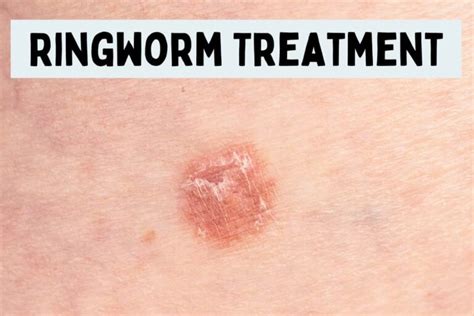
To effectively treat ringworm, it's essential to understand the different types of treatments available. Treatment options can be broadly categorized into home remedies, over-the-counter medications, and prescription treatments. Home remedies can be used to alleviate symptoms and support the healing process, while over-the-counter medications can be used to treat mild cases of ringworm. Prescription treatments, on the other hand, are typically reserved for more severe cases of ringworm that don't respond to other treatments.
Home Remedies for Ringworm
Home remedies can be an effective way to treat ringworm, especially in the early stages of the infection. Some popular home remedies for ringworm include applying tea tree oil to the affected area, using coconut oil to soothe and moisturize the skin, and taking turmeric supplements to reduce inflammation. It's essential to note that while home remedies can be helpful, they may not be enough to completely clear up the infection. If symptoms persist or worsen, it's crucial to seek medical attention.Over-the-Counter Ringworm Treatments
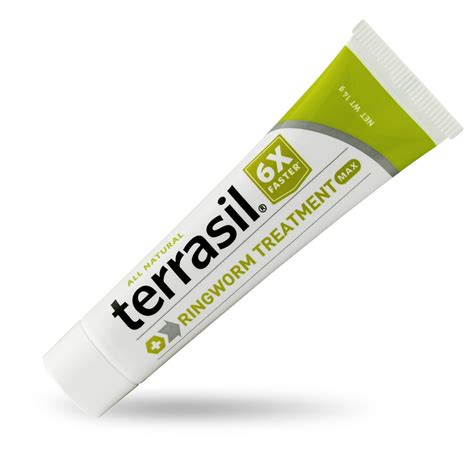
Over-the-counter ringworm treatments can be used to treat mild cases of ringworm. These treatments typically come in the form of creams, ointments, or powders that are applied directly to the affected area. Some popular over-the-counter ringworm treatments include clotrimazole, miconazole, and terbinafine. These medications work by killing the fungus that causes ringworm, reducing inflammation, and alleviating symptoms.
Prescription Ringworm Treatments
In more severe cases of ringworm, prescription treatments may be necessary. Prescription treatments can include oral antifungal medications, such as griseofulvin and itraconazole, which are taken by mouth to kill the fungus that causes ringworm. Topical prescription treatments, such as efinaconazole and tavaborole, can also be used to treat ringworm. These medications are typically applied directly to the affected area and can be more effective than over-the-counter treatments.Natural Ringworm Treatments
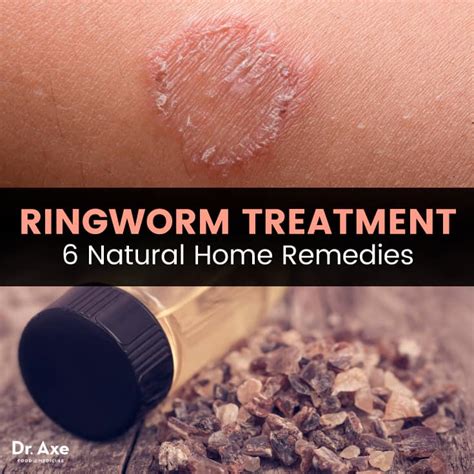
In addition to home remedies and over-the-counter treatments, there are several natural ringworm treatments that can be used to support the healing process. Some popular natural ringworm treatments include aloe vera, which can be used to soothe and calm the skin, and apple cider vinegar, which has antifungal properties that can help kill the fungus that causes ringworm. Other natural treatments, such as garlic and onion, have also been shown to have antifungal properties and can be used to treat ringworm.
Ringworm Treatment for Pets
If you have pets, it's essential to take steps to prevent the spread of ringworm. Ringworm can be transmitted from animals to humans, so it's crucial to treat infected pets promptly. Treatment options for pets typically include oral and topical antifungal medications, as well as medicated shampoos and dips. It's essential to work with a veterinarian to determine the best course of treatment for your pet.Preventing Ringworm
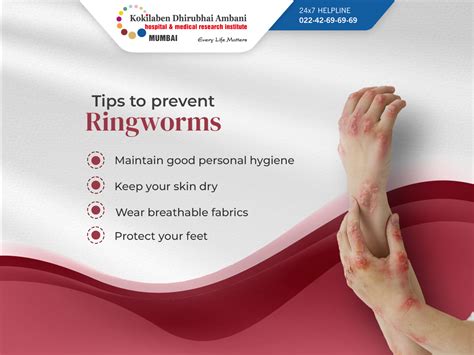
Preventing ringworm is key to avoiding the infection altogether. Some ways to prevent ringworm include practicing good hygiene, such as washing your hands frequently and keeping the affected area clean and dry. Avoiding sharing personal items, such as towels and clothing, can also help prevent the spread of ringworm. Additionally, wearing protective clothing, such as long sleeves and pants, can help prevent skin-to-skin contact with infected individuals.
Ringworm Treatment Tips
When treating ringworm, it's essential to keep the affected area clean and dry. This can help prevent the spread of the infection and promote healing. Additionally, avoiding scratching the affected area can help prevent further irritation and scarring. It's also essential to complete the full course of treatment, even if symptoms improve before finishing the medication.Ringworm Treatment FAQs
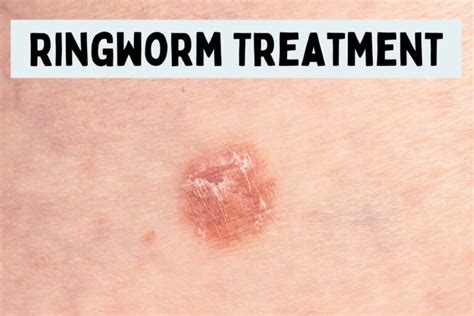
Here are some frequently asked questions about ringworm treatment:
How long does it take to treat ringworm?
+Treatment time for ringworm can vary depending on the severity of the infection and the treatment option chosen. Mild cases of ringworm can be treated in as little as 2-4 weeks, while more severe cases may take several months to clear up.
Can I treat ringworm with home remedies alone?
+While home remedies can be helpful in alleviating symptoms and supporting the healing process, they may not be enough to completely clear up the infection. If symptoms persist or worsen, it's crucial to seek medical attention.
How can I prevent the spread of ringworm?
+Preventing the spread of ringworm involves practicing good hygiene, avoiding sharing personal items, and wearing protective clothing. It's also essential to treat infected pets promptly and to keep the affected area clean and dry.
In conclusion, treating ringworm requires a comprehensive approach that involves understanding the different types of treatments available, practicing good hygiene, and completing the full course of treatment. By following these tips and seeking medical attention when necessary, you can effectively treat ringworm and prevent the spread of the infection. If you have any questions or concerns about ringworm treatment, don't hesitate to reach out to a healthcare professional. Share this article with others to help spread awareness about ringworm treatment and prevention, and take the first step towards a healthier, happier you.
